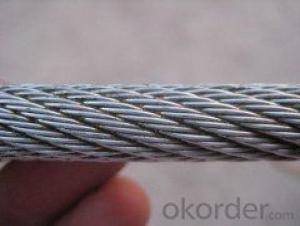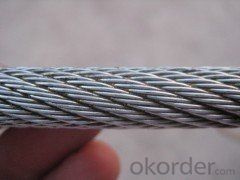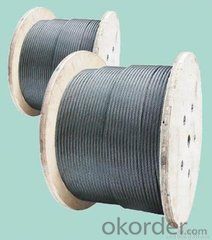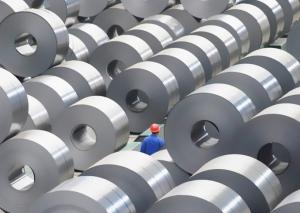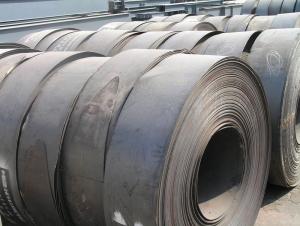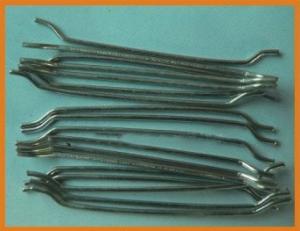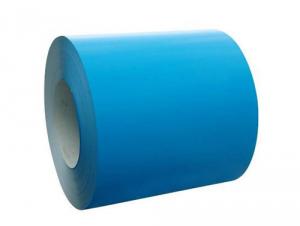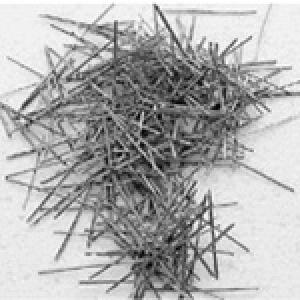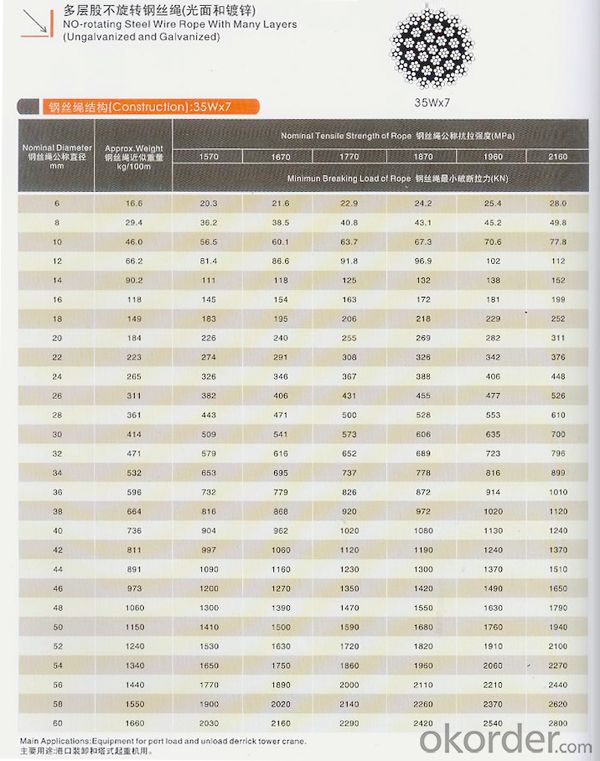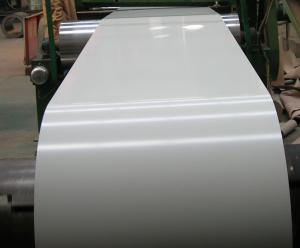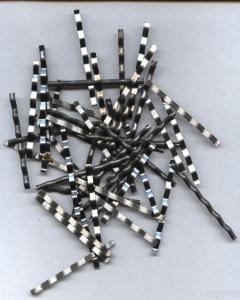NON ROTATINGN ROPE
- Loading Port:
- China Main Port
- Payment Terms:
- TT OR LC
- Min Order Qty:
- -
- Supply Capability:
- -
OKorder Service Pledge
Quality Product, Order Online Tracking, Timely Delivery
OKorder Financial Service
Credit Rating, Credit Services, Credit Purchasing
You Might Also Like
- Q: How is steel wire rope inspected for fatigue and wear?
- Steel wire rope is inspected for fatigue and wear through visual examination and non-destructive tests. This includes inspecting the rope for signs of corrosion, broken wires, or distorted strands. Additionally, magnetic particle inspection and ultrasonic testing are often used to detect hidden defects and measure the rope's internal condition. Regular inspections and maintenance help ensure the integrity and safety of steel wire ropes.
- Q: What are the different types of steel sheets and their applications?
- There are several types of steel sheets, including hot rolled, cold rolled, galvanized, and stainless steel sheets. Hot rolled sheets are used in structural and construction applications due to their strength and durability. Cold rolled sheets are commonly used in automotive and appliance industries for their smooth surface and precise dimensions. Galvanized sheets are coated with zinc to prevent corrosion, making them suitable for outdoor applications such as roofing and fencing. Stainless steel sheets are resistant to corrosion and heat, making them ideal for food processing, chemical, and medical industries.
- Q: What are the applications of steel in the food processing industry?
- Steel is widely used in the food processing industry due to its durability, hygiene, and resistance to corrosion. It is utilized in various applications such as food storage containers, processing equipment, conveyor belts, and cutting tools. Steel's ability to withstand high temperatures and easy cleaning make it ideal for maintaining food safety standards and ensuring the efficiency of food processing operations.
- Q: What are the main properties of steel?
- The main properties of steel include high tensile strength, excellent durability, good heat resistance, and the ability to be easily shaped and welded. It is known for its hardness and toughness, making it suitable for a wide range of applications in construction, manufacturing, and automotive industries. Steel also exhibits good electrical and thermal conductivity, along with corrosion resistance, making it a popular choice for various structural and engineering purposes.
- Q: How is steel used in the production of agricultural equipment?
- Steel is used in the production of agricultural equipment due to its durability and strength. It is commonly used to manufacture components such as blades, plows, and machinery frames, as well as storage tanks and containers. The properties of steel make it ideal for withstanding the harsh conditions and heavy usage that agricultural equipment typically endures, ensuring longevity and efficiency in farming operations.
- Q: What are the advantages of using steel products in the automotive industry?
- There are several advantages of using steel products in the automotive industry. Firstly, steel is known for its strength and durability, making it an ideal material for constructing various automobile components. This ensures the safety of passengers and enhances the overall structural integrity of vehicles. Additionally, steel is highly resistant to corrosion, making it suitable for withstanding harsh environmental conditions and extending the lifespan of automotive parts. Moreover, steel can be easily formed and shaped, allowing manufacturers to design and produce complex structures efficiently. Lastly, steel is relatively affordable compared to other materials, making it a cost-effective choice for automotive manufacturers.
- Q: What are the advantages of using steel for construction purposes?
- There are several advantages of using steel for construction purposes. Firstly, steel is incredibly strong and durable, making it ideal for constructing buildings and structures that need to withstand heavy loads and harsh weather conditions. Secondly, steel is a highly versatile material that can be easily shaped and molded into various forms, allowing for creative and innovative designs in construction. Additionally, steel is fire-resistant, which enhances the safety of buildings and reduces the risk of damage and collapse in the event of a fire. Moreover, steel is a sustainable and environmentally-friendly choice, as it can be recycled and reused, minimizing waste and reducing the carbon footprint of construction projects. Overall, the use of steel in construction offers numerous benefits in terms of strength, versatility, safety, and sustainability.
- Q: What are the different types of heat treatment processes for steel?
- There are several different types of heat treatment processes for steel, including annealing, normalizing, quenching, tempering, case hardening, and precipitation hardening. Each process has its own specific purpose and effects on the steel's properties.
- Q: What are the common types of steel products used in the pet training and behavior industry?
- Common types of steel products used in the pet training and behavior industry include dog training collars, leashes, and various types of containment systems such as crates, kennels, and fencing.
- Q: How is steel pipe welded for structural applications?
- Steel pipe is commonly welded for structural applications using various welding techniques such as electric resistance welding (ERW), submerged arc welding (SAW), or gas metal arc welding (GMAW). These methods involve applying heat and pressure to join two or more sections of steel pipe together, ensuring a strong and durable bond.
Send your message to us
NON ROTATINGN ROPE
- Loading Port:
- China Main Port
- Payment Terms:
- TT OR LC
- Min Order Qty:
- -
- Supply Capability:
- -
OKorder Service Pledge
Quality Product, Order Online Tracking, Timely Delivery
OKorder Financial Service
Credit Rating, Credit Services, Credit Purchasing
Similar products
Hot products
Hot Searches
Related keywords
